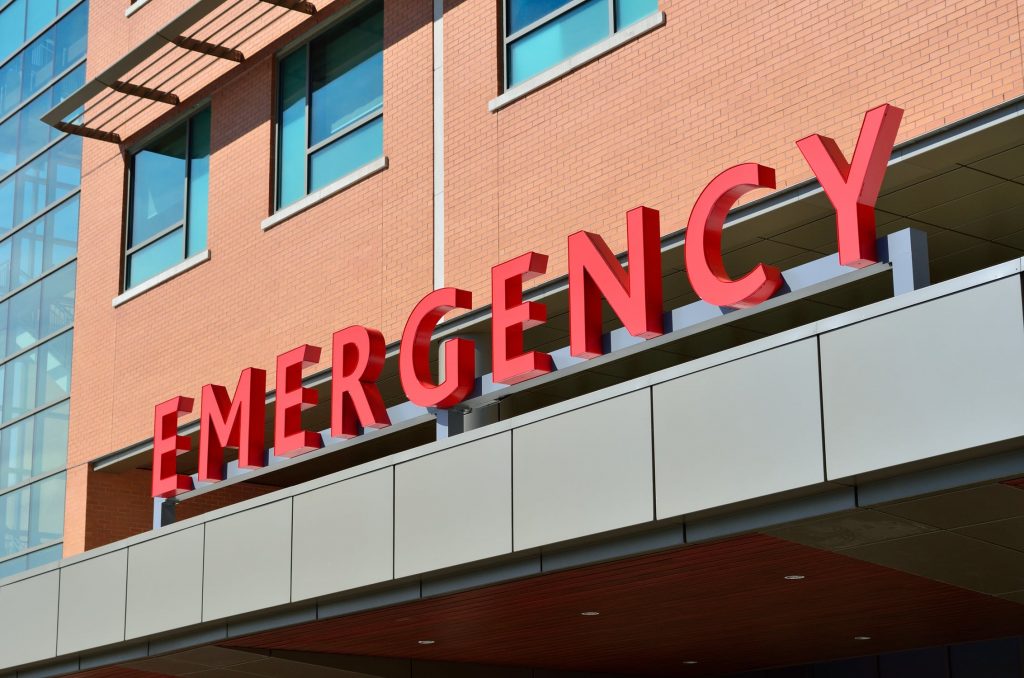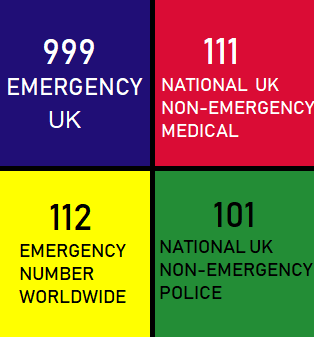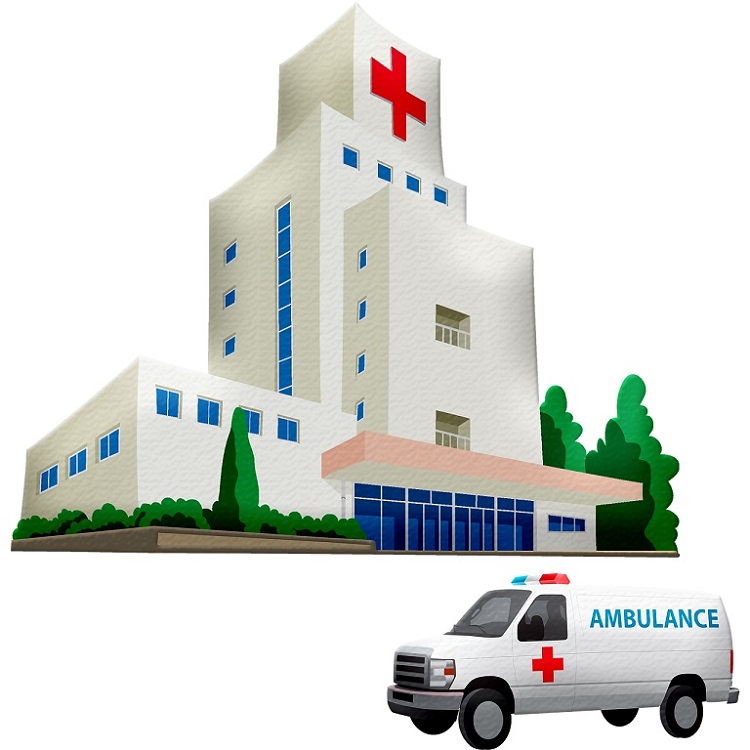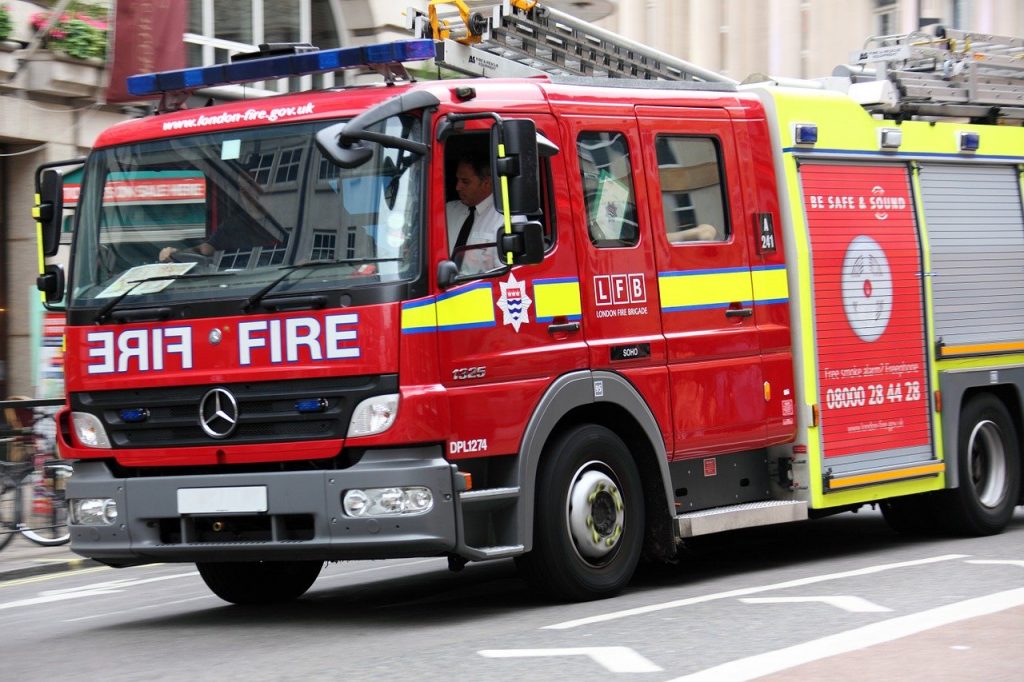 English Vocabulary for Emergencies
English Vocabulary for Emergencies
From health scares to fires and crime, there are many occasions where emergency vocabulary could be useful. Read on to discover some basic words and phrases that could help you to deal with an emergency in an English-speaking country.
If you find yourself in an emergency situation where either a crime is in progress or a situation could be life-threatening, call 999 in Britain to contact the police, ambulance or fire brigade. The emergency number is 911 in America and 112 in Continental Europe.
Emergency vocabulary
The operator will need to know which emergency service you require, what is wrong and where you are.
Try to keep calm and speak clearly.
If you have a health concern that is not an emergency, dial 111 in the UK to reach the NHS non-emergency helpline and the medical staff will advise you.
Remember, if you are out in a new place, always try to be aware of where you are.
Pay attention to the road names, signs, buildings and any distinguishing landmarks nearby.
This knowledge will help in case you need to describe your location to the emergency services.
The emergency call operator will ask you the number you are calling from, so they can call you back if necessary. The number of a public phone will usually be written on the device.
Emergency numbers are free to call from landlines and mobile phones – they usually work even from mobiles without signal. You can also contact the emergency services by text / SMS if you can’t speak, are deaf or are hard of hearing.
Useful English phrases for emergencies:
Can someone call 999?
Has someone already called the police?
I need an ambulance
I need the fire brigade
I need the police
Please hurry
Fire
There’s a fire
The building’s on fire
Can you smell smoke?
I can smell burning
Call the fire brigade!
Where is the fire escape?
Crime
There’s been a theft
There’s been a robbery
There’s been a burglary
My car/house has been broken into
Something has been stolen
Stop, thief!
Describing what has happened to you:
I’ve been robbed
I’ve been mugged
I’ve been attacked
I’ve been raped
I’ve been molested
I’ve been stabbed
I’ve been shot
I’m bleeding
I think I’ve broken a bone
I’ve been followed
I’m being followed by someone
I’ve been threatened / someone has threatened me
I’ve been hurt
Medical Emergencies
Call for an ambulance
I need a doctor
There’s been an accident
She’s not breathing
Put her in the recovery position
- The ‘recovery position’ is a position in which an unconscious person who is still breathing should be placed to keep the airways open
This is a medical emergency
Is there a doctor here?
Can someone call for an ambulance?
Does anyone know how to do CPR?
Stand clear / give me some space, I’m going to perform CPR
CPR (cardiopulmonary resuscitation)
- CPR stands for ‘cardiopulmonary resuscitation’ and is a life saving technique used when someone has stopped breathing.
- To give someone ‘the kiss of life’ means to give mouth-to-mouth resuscitation. This means breathing gently into the mouth of an unconscious person to inflate and deflate their lungs to hopefully help them start breathing again. These breaths are called ‘rescue breaths’ and can be used as part of CPR.
- Check the NHS website for guidance on performing CPR. It is also advisable to take a recognised first aid course, such as those provided by St John’s Ambulance, to be prepared for such emergencies.
More emergencies phrases
I’ve burnt myself
I’ve cut myself
I can’t breathe
I’m having trouble breathing
I am choking
He’s not breathing / he’s stopped breathing
I am in pain
I think I’m having a heart attack
She’s unconscious
She won’t wake up / I can’t wake her
My stomach hurts
My chest hurts
My head hurts
My leg hurts
My heading is throbbing
I have a nose bleed
I think I’ve broken my arm / leg
I can’t see
My eyes are stinging
My eyes are sore
I need to see a dentist
My tooth has come out
My tooth has been knocked out
My tooth has fallen out
I’ve dislocated my shoulder
I’ve put my back out
I’ve gone into labour
I’m in labour
Less important emergency situations:
I’m lost
I don’t know where I am
I’ve forgotten where I’m staying
I’ve forgotten the name of my hotel
I’ve lost my wallet/purse/keys
I’ve locked myself out (of my house/car)
I can’t find my keys
I can’t get into my room
Share your thoughts on emergency vocabulary
Are there any phrases related to describing emergencies that you find confusing?
Can you think of more emergency vocabulary that could be useful?
Have you ever had to use CPR?
Let us know your thoughts in the comments.
Attributions
- The recovery position, used in first aid to prevent choking in unconscious patients. The body is placed facing downwards and slightly to the side, supported by the bent limbs. Image by Rama [CC BY-SA 3.0 fr, CC BY-SA 2.0 fr or CeCILL], from Wikimedia Commons



![Image by Rama [CC BY-SA 3.0 fr (https://creativecommons.org/licenses/by-sa/3.0/fr/deed.en), CC BY-SA 2.0 fr (https://creativecommons.org/licenses/by-sa/2.0/fr/deed.en) or CeCILL (http://www.cecill.info/licences/Licence_CeCILL_V2-en.html)], from Wikimedia Commons](http://www.myenglishlanguage.com/wp-content/uploads/2018/06/recovery-position.jpg)

